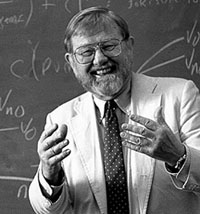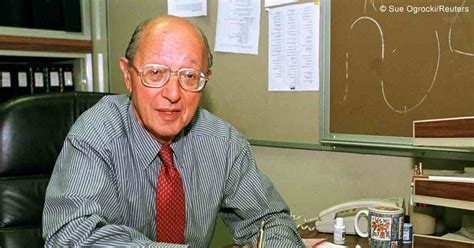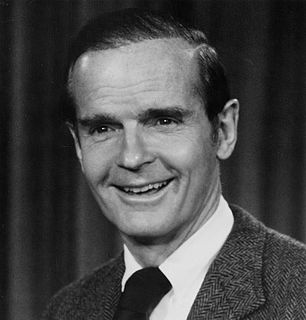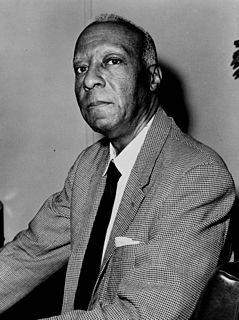A Quote by Ralph Nader
The food industry, its trade associations, and research foundations, is well financed and highly organized to pressure the FDA.
Quote Topics
Related Quotes
The field of U.S. cancer care is organized around a medical monopoly that ensures a continuous flow of money to the pharmaceutical companies, medical technology firms, research institutes, and government agencies such as the Food and Drug Administration (FDA) and the National Cancer Institute (NCI) and quasi-public organizations such as the American Cancer Society (ACS).
Food safety oversight is largely, but not exclusively, divided between two agencies, the FDA and the USDA. The USDA mostly oversees meat and poultry; the FDA mostly handles everything else, including pet food and animal feed. Although this division of responsibility means that the FDA is responsible for 80% of the food supply, it only gets 20% of the federal budget for this purpose. In contrast, the USDA gets 80% of the budget for 20% of the foods. This uneven distribution is the result of a little history and a lot of politics.
The post-Second World War simple system of social democracy and organized labour has fragmented massively, but just because people aren't organized in workplace trade unions doesn't mean they aren't in associations with other people - work-based, place-based, culture-based, sport-based, faith-based - there's a bit of an old rainbow coalition argument.
A small group is powerful in matters relating to a particular industry, because then it is normally the only organized force, but it is less formidable when questions which divide the entire nation are involved, for then it must take on organized labor and other large organized groups. The business community in the aggregate is for this reason not uniquely effective as a pressure group.
...The asbestos industry...has for decades successfully suppressed and manipulated information on the carcinogenicity and other hazards of asbestos. Involved in this conspiracy network were senior industry executives, their medical staff, attorneys, insurance companies, trade associations, scientific consultants, and commercial labs.
First, it is providing a means whereby key individuals on its payroll are able to obtain both power and wealth through granting special favors to certain politically influential groups that are subject to its regulation. This activity is similar to the 'protection racket' of organized crime: for a price, one can induce FDA administrators to provide 'protection' from the FDA itself.
When the FDA forces an old drug off the market, patients have very little say in the matter. Patients have even less of a say when the FDA chooses not to approve a new drug. Instead, we are supposed to rely on the FDA's judgment and be grateful. But can the FDA really make a choice that is appropriate for everyone? Of course not.
We are already well down the road toward a managed-trade regime. It would be far better to acknowledge that reality, and seek a set of reasonable rules, than to pretend that Ricardian trade is the norm and allow mercantilist states to overwhelm U.S. industry and ratchet down wages, in the name of free trade.
I am also amazed with Messi, what he is doing is very good. He contributes alot of very good things for the team. He is an individualist, but he always plays for the team.He covers well at the back, is organized and finishes well with both feet. He is mischievous, and is a very intelligent player. He applies pressure just where the pressure is needed.



































